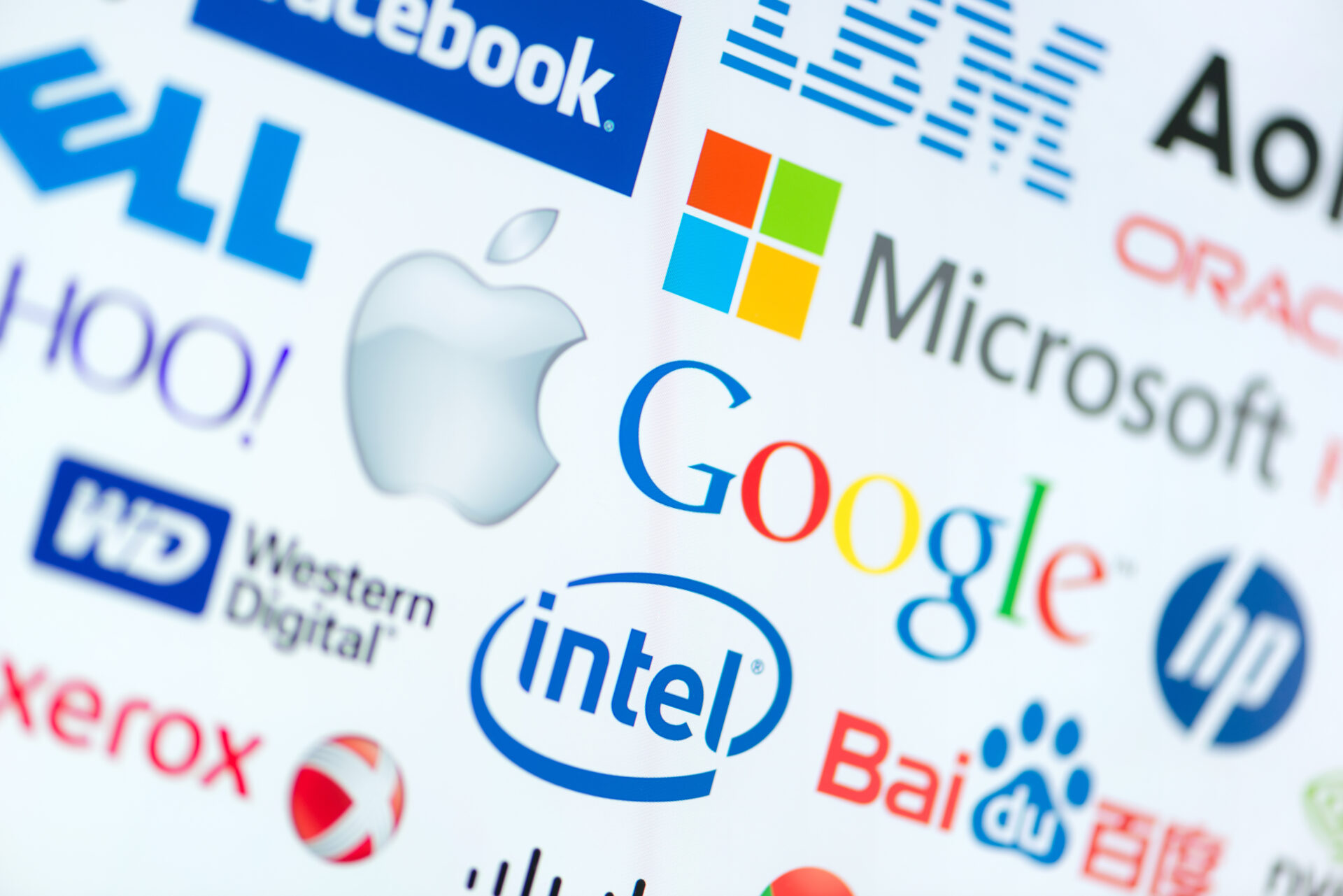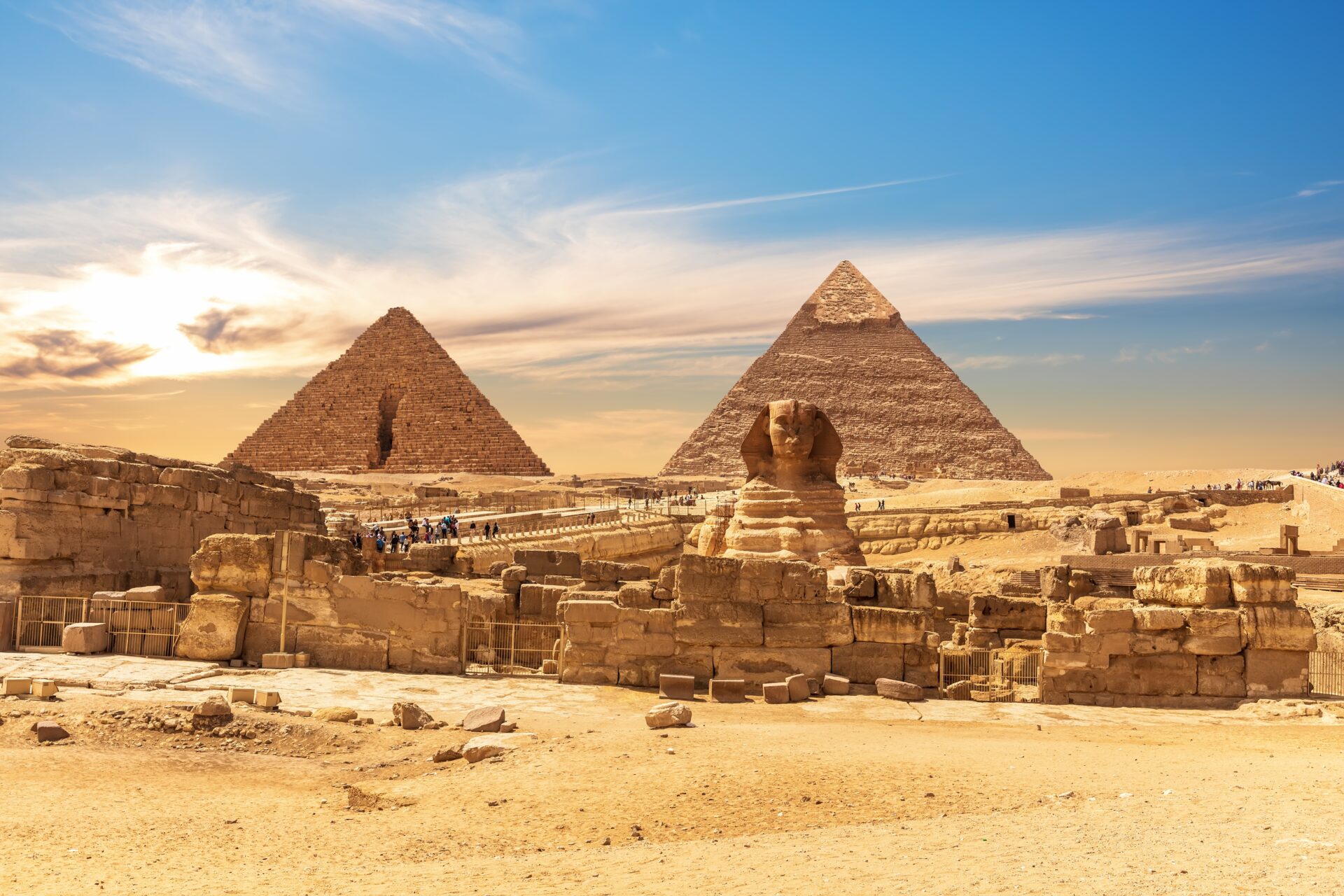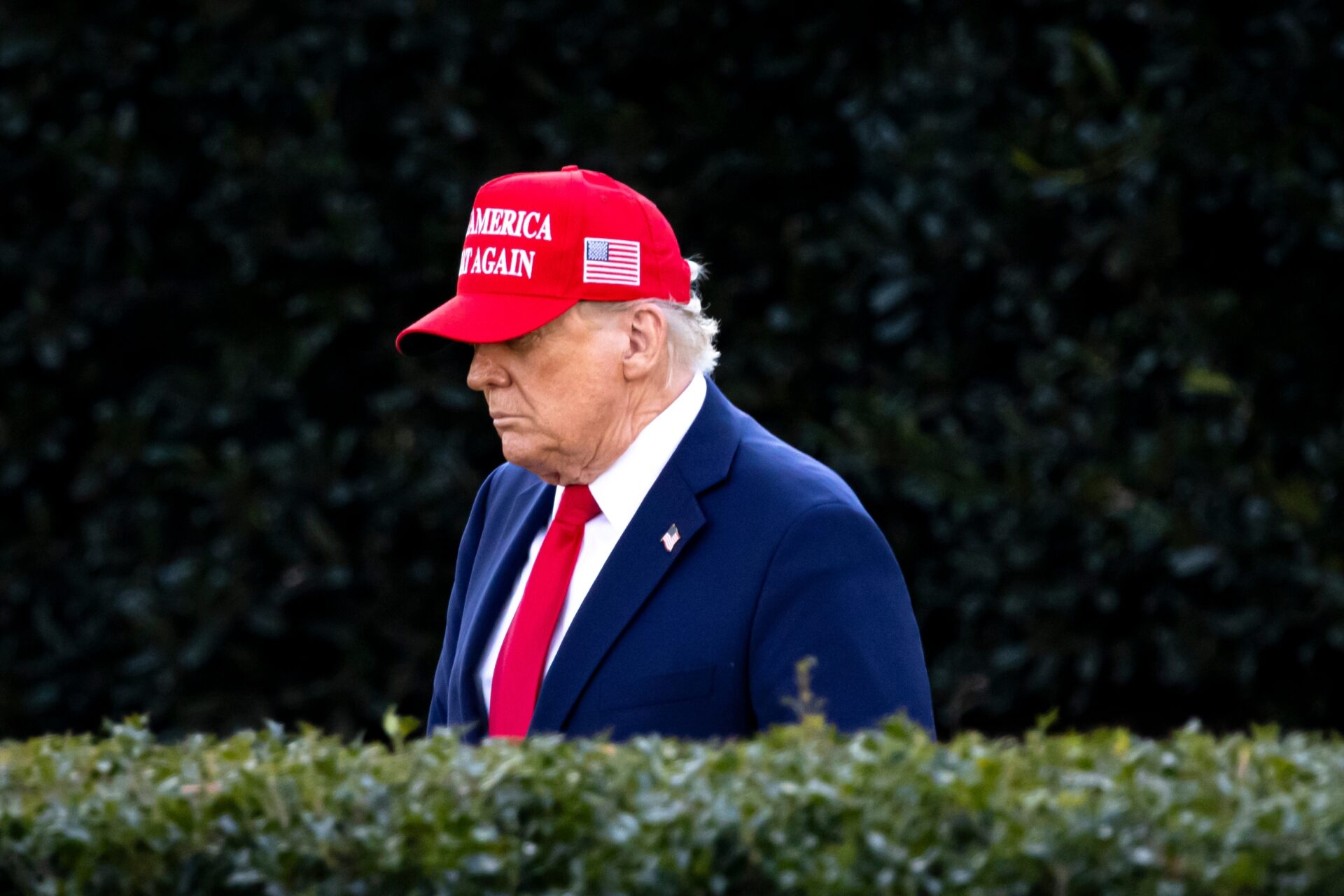
Trump Lifts SYRIA Sanctions – WHAAAT?
President Trump lifts sanctions on Syria after meeting with controversial leader Ahmed al-Sharaa, raising hopes for economic revival amid concerns over the new government’s extremist ties.
At a Glance
- President Trump announced the lifting of U.S. sanctions on Syria during an investment conference in Saudi Arabia
- Syria’s new president Ahmed al-Sharaa has controversial ties to extremist groups, raising security concerns
- The decision aims to revitalize Syria’s war-torn economy, which needs an estimated $400 billion for reconstruction
- Trump encouraged Sharaa to join the Abraham Accords to normalize relations with Israel
- Saudi Arabia and Turkey influenced the decision, seeking a stable Syria as a counterbalance to Iran
A Dramatic Shift in U.S. Foreign Policy
In a bold diplomatic move that signals a significant shift in American foreign policy, President Trump announced the lifting of U.S. sanctions on Syria that had been in place since 1979. The announcement came during an investment conference in Saudi Arabia, where Trump also revealed plans to meet with Syrian President Ahmed al-Sharaa. This marks the first direct engagement between an American president and Syria’s leadership in decades, potentially opening a new chapter in U.S.-Syria relations that have been strained for generations.
“There is a new government that will hopefully succeed in stabilizing the country and keeping peace,” said President Trump during his announcement, signaling a willingness to work with Syria’s new leadership despite its controversial background. The decision comes after Bashar al-Assad’s ousting and reflects Trump’s transactional approach to foreign policy, prioritizing potential economic benefits and regional stability over historical grievances and ideological concerns.
The lifting of U.S. sanctions on Syria is wonderful news.
It's also refreshing to hear a U.S. President affirm that Middle East's future lies not in "Western interventionists," and their endless wars, but in its own peoples building their nations, at peace with their traditions. https://t.co/UvZ6RfZh5A
— Mustafa Akyol (@AkyolinEnglish) May 13, 2025
Economic Implications for War-Torn Syria
The lifting of sanctions represents a potential economic lifeline for Syria, a country devastated by more than a decade of civil war that has claimed over 300,000 lives and displaced 13 million people. Experts estimate that Syria requires up to $400 billion for reconstruction efforts. The removal of sanctions is expected to facilitate international investment, enable access to global markets, and allow for the flow of humanitarian aid that has been severely restricted by previous sanctions regimes.
“For years, sanctions have caused severe damage to the Syrian economy, directly impacting citizens’ lives and hindering development and production,” said Hassan Al-Ahmad.
The announcement has already sparked interest from regional investors, particularly from Saudi Arabia and other Gulf states, who view Syria as both an investment opportunity and a strategic partner in countering Iranian influence. Syrian citizens, who have endured economic hardship for years, have cautiously welcomed the news, though many remain skeptical about how quickly benefits will reach ordinary people rather than enriching political elites.
Trump's Speech at the U.S.-Saudi Investment Forum — May 13, 2025
Trump touts Saudi relationship as "bedrock of security and prosperity" amid $600 billion investment deal
President Trump delivered remarks Tuesday at a U.S.-Saudi investment summit as the White House announced a… pic.twitter.com/6a2MylnYLj
— Raymond Ng (@rayngls) May 13, 2025
Controversy Surrounding Syria’s New Leadership
The decision to lift sanctions comes with significant controversy due to President al-Sharaa’s background. Before his rise to power, al-Sharaa reportedly had connections to al-Qaeda and maintained ties with ISIS leader Abu Bakr al-Baghdadi. These associations have raised serious concerns among security experts and human rights advocates about the nature of Syria’s new government and its commitment to combating extremism rather than enabling it.
“If things go badly, today paved the way for a Muslim Brotherhood-Sunni jihad state in the heart of the Levant,” warned Jonathan Schanzer.
Since Sharaa’s rise to power, there have been concerning reports of sectarian violence and mass killings targeting minority communities, including Christians, Alawites, and Kurds. These reports have intensified the debate about whether the U.S. should be normalizing relations with Syria’s current leadership. Some critics argue that lifting sanctions without securing human rights guarantees could embolden further repression against vulnerable groups.
Regional Implications and Future Prospects
Trump’s decision appears to be influenced by key regional allies, particularly Saudi Arabia and Turkey, who seek a stable Syria aligned with their interests rather than with Iran. As part of the diplomatic initiative, Trump has encouraged Sharaa to join the Abraham Accords, which would normalize relations between Syria and Israel—a potentially transformative development for Middle East stability, though one that faces significant obstacles given Syria’s historical position.
“It will certainly benefit ordinary Syrians and minorities like the Kurds, Christians, Alawites, Druze. The Kurds in the northeast can finally use the resources in their territory in the international market to benefit the people. But sanctions relief must remain conditional on Sharaa and his circle,” said Diliman Abdulkader.
The decision could potentially reduce Turkish influence in northern Syria, which might provide greater security for the Kurdish population that has been targeted by Turkish military operations. However, analysts caution that the situation remains fluid, with multiple foreign powers maintaining interests in different parts of Syria. The ultimate success of Trump’s initiative will depend on how effectively the international community can support Syria’s reconstruction while ensuring that extremist elements do not regain influence in the country.


